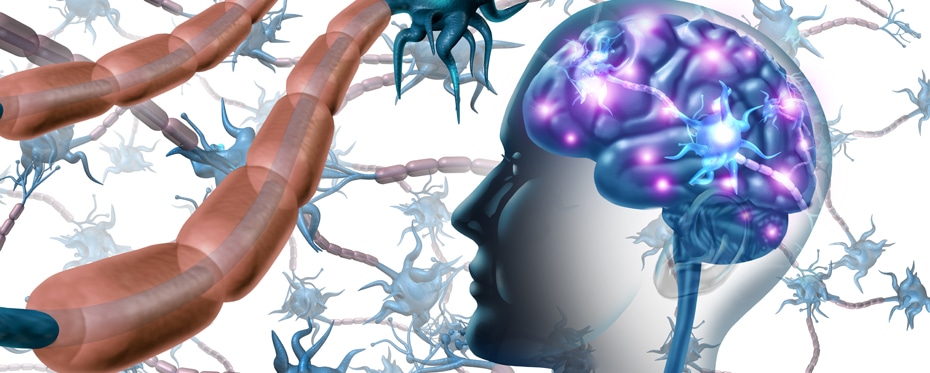Tag: Multiple Sclerosis
A role for ultraviolet radiation in multiple sclerosis

There are more cases of multiple sclerosis (MS), a condition caused by impaired immune responses, in northern countries compared to southern countries. Dr George E Davis, who is affiliated with the Riverview Psychiatric Centre, Maine, USA, has explored the links between latitude, MS, and UV radiation. He puts forward the idea that UV radiation levels during month of conception offer […]
Read More… from A role for ultraviolet radiation in multiple sclerosis
Multiple sclerosis: Caregiver involvement may improve patient care and treatment

Multiple sclerosis (MS) is a disease with unpredictable progression, causing huge distress to the entire family of people living with the disease. Professor Jürg Kesselring at the Department of Neurology & Neurorehabilitation, Kliniken Valens in Switzerland, reviews the discussions he and other internationally acclaimed neurologists participated in regarding caregiver involvement in doctor consultations for people with MS. Although such an […]
Read More… from Multiple sclerosis: Caregiver involvement may improve patient care and treatment
The financial toxicity of multiple sclerosis

Multiple sclerosis (MS) is a neurologic autoimmune disease that is generally diagnosed in young adults. It is a lifelong condition, as it is currently incurable. The medical costs are high, as patients have to cover frequent hospital visits and prescription medications, such as emerging disease modifying drugs. As a result, many patients do not adhere to treatment plans, which further […]
Read More… from The financial toxicity of multiple sclerosis
The role of CD83: Autoimmunity, transplantation and beyond

Professor Alexander Steinkasserer is based at the Department of Immune Modulation, University Hospital, Erlangen. His research interests are focused on the immune system, with the long-term aim to develop new therapeutic strategies for patients suffering from autoimmune disorders or in need of transplantation. Along with his colleagues at the department of Immune Modulation, Professor Steinkasserer has shed much light on […]
Read More… from The role of CD83: Autoimmunity, transplantation and beyond
Better together: How a multidisciplinary team is seeking new ways to tackle cognitive problems in MS patients

Multiple sclerosis (MS) is a chronic disease affecting the brain and spinal cord. Symptoms vary between patients, and can range from fatigue and muscle stiffness to problems with vision and walking. Cognitive problems are relatively common among MS patients, affecting 40-60% of sufferers. These problems, which can include memory loss and difficulty multitasking, can have a significant impact on a person’s […]
Patient and Public Involvement: A vital part of healthcare research

Patient and Public Involvement, or PPI, is an essential part of modern healthcare research. Patients are the only ones who truly understand what it is like to live with their condition and can therefore offer a uniquely valuable contribution to research. At the University of Nottingham, Professor Roshan das Nair and his colleagues have established a successful PPI group for […]
Read More… from Patient and Public Involvement: A vital part of healthcare research
Medicine’s digital future: Patients use App for automatic data collection in adherence study

People with chronic medical conditions, such as multiple sclerosis, often have to take the same medication for a long period of time. Unfortunately, medication adherence, or how good patients are at taking their medication as prescribed, is often low in this group. Prof Markus Schürks and Dr Christian Müller of Bayer Vital GmbH, Leverkusen, Germany, carried out a novel pilot […]
BICAMS: Shedding light on cognition in Multiple Sclerosis

Multiple Sclerosis (MS) is a disease that attacks the central nervous system, leading to a variety of symptoms, across the physical and psychological domains. For many people with MS, symptoms can include difficulties with memory and thinking, which impacts on the quality of many aspects of their life. Dawn Langdon, Professor of Neuropsychology at Royal Holloway, University of London, has led an […]
Read More… from BICAMS: Shedding light on cognition in Multiple Sclerosis